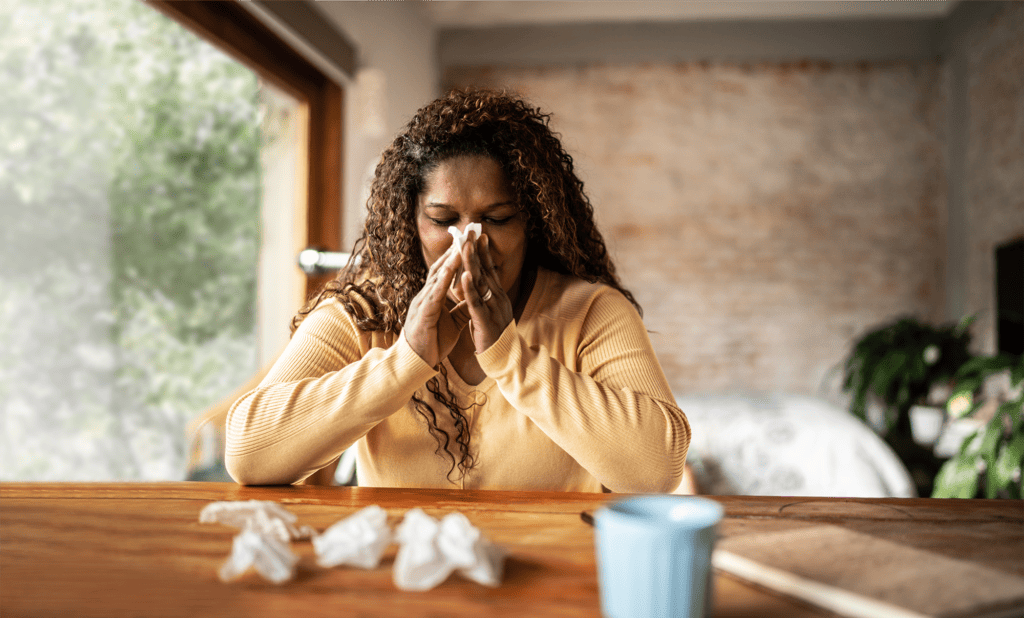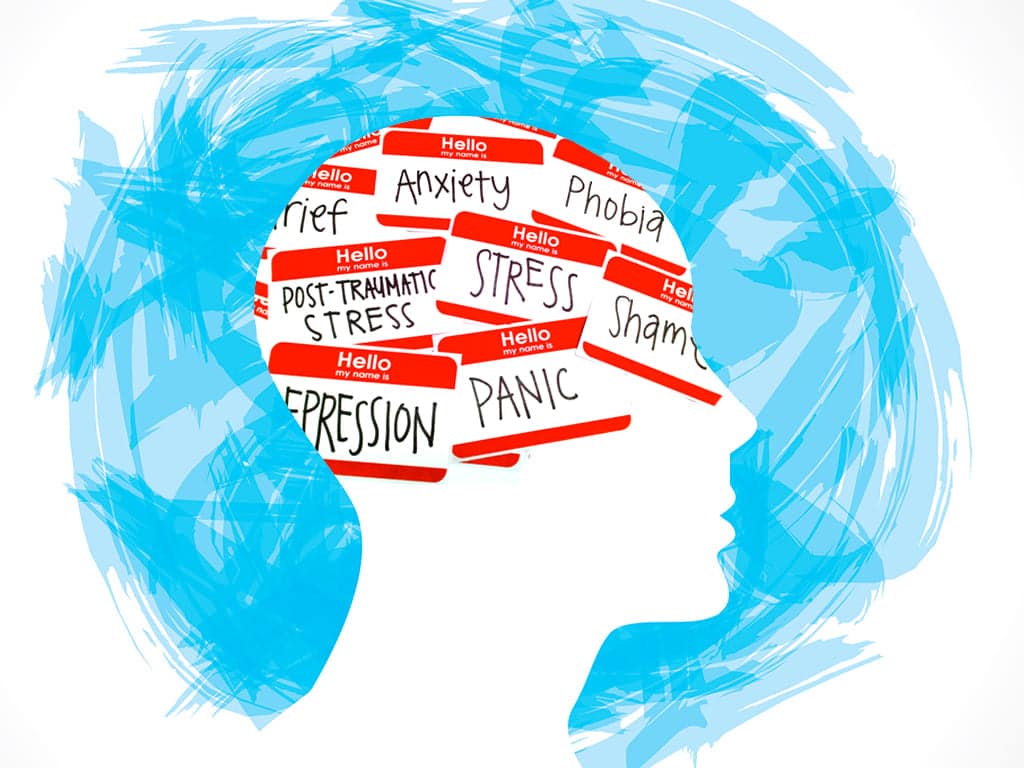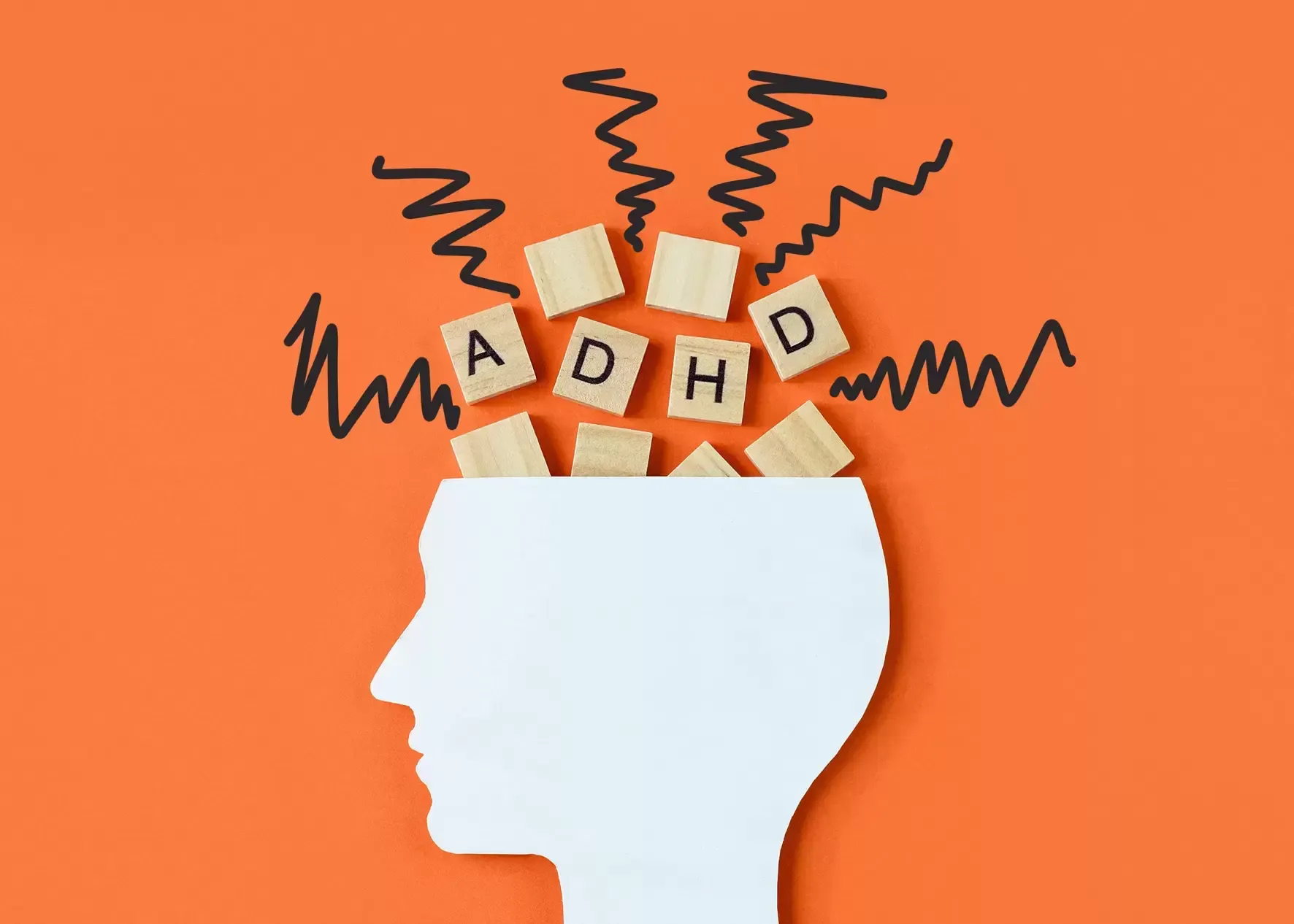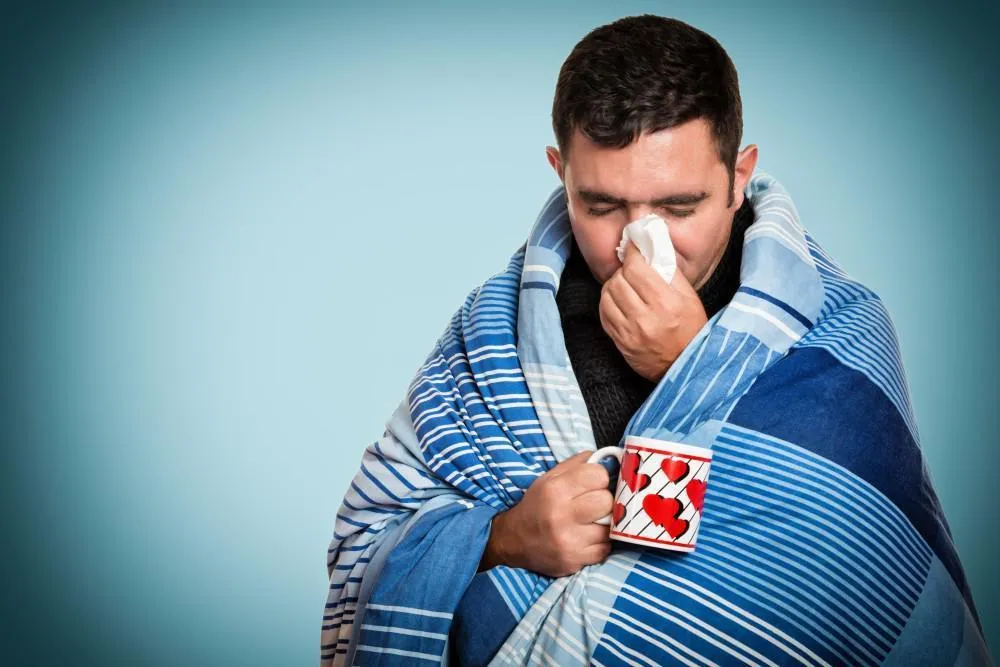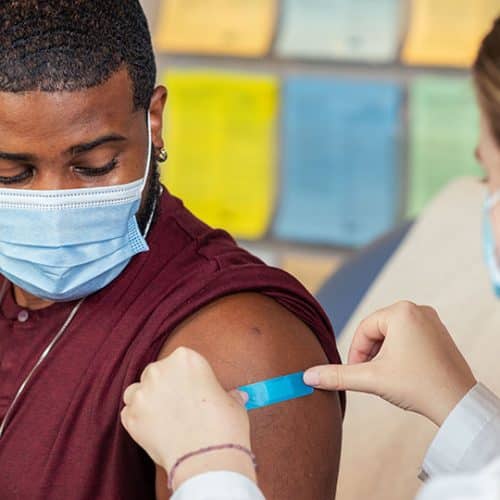Top 10 Tips to Manage Blood Pressure & Prevent Hypertension

Did you know 1 in 3 adults have high blood pressure? This condition, also known as hypertension, is especially dangerous, because people can have it without knowing it. How can this be? Because it rarely comes with warning signs until the situation becomes life-threatening.
Hypertension describes the amount of pressure blood puts on the walls of your arteries each time your heart beats. When it’s consistently high, it causes your heart to work harder than normal, putting you at risk of serious health complications, including heart attack and stroke. Fortunately, you can take action to avoid or reduce high blood pressure.
Our team at All Day Medical Care Clinic offers primary, urgent, behavioral, and mental health care. With our comprehensive range of services, we can help you in almost any situation. In this blog, we explain 10 things you can do to help keep your blood pressure under control.
1. Know your numbers
Most importantly, it’s essential to know your numbers, since high blood pressure usually doesn’t cause symptoms. And the good news? The process is easy and painless. Either schedule a physical or monitor your blood pressure at home. We can provide suggestions on at-home testing devices that provide accurate results.
2. Watch your waistline
Whether you have a few pounds to lose or a lot, reaching and maintaining a healthy weight can keep your blood pressure in check. In fact, this strategy is so successful, it’s the single most effective lifestyle change you can make to keep your blood pressure under control — and even small amounts of weight loss can help.
3. Move your body
Regular exercise offers several benefits for your heart, from lowering high blood pressure to keeping elevated numbers from getting too high. Try to get 30 minutes of moderate activity — such as walking, swimming, jogging, or dancing — every day. Even high-intensity interval training and strength training can help reduce the numbers, so there’s something for everyone.
4. Eat a healthy diet
You probably know you should eat right, but do you? Keeping your heart and blood pressure healthy requires a nutritious diet high in fiber, potassium, and protein and low in saturated fat. Need some pointers? Try the DASH diet. This accessible approach to eating can lower your blood pressure, improve your cholesterol, and decrease your risk of developing heart disease all at the same time.
5. Limit your salt intake
Did you know that even a small reduction of salt in your diet can significantly improve your heart health and lower high blood pressure? Unfortunately, people often get more salt than they need, even if they aren’t reaching for the salt shaker.
As a general rule, try to limit your sodium intake to 1,500-2,300 milligrams a day. You can go a long way toward doing this by reading labels, looking for low-sodium options, and preparing more of your own meals.
6. Limit cocktail hour
Don’t worry — you don’t have to swear off alcohol entirely to avoid hypertension. However, limiting drinks to one a day if you’re a woman and two per day if you’re a man can help lower your blood pressure. Not only can drinking too much alcohol raise your blood pressure, but it can also make medications to lower it less effective.
7. Ditch your tobacco habit
Do you need another reason to quit smoking? Do it for your heart. Quitting smoking can lower your blood pressure and reduce your risk of developing heart disease. Plus, it can improve your overall health, so you can consider it a win-win for multiple reasons.
8. Lower your stress levels
Living with chronic stress could put you at risk of having high blood pressure. It may be impossible to avoid all stress, but you can learn ways to keep it more manageable. For example, using relaxation techniques — such as meditation or deep breathing — might help you lower your blood pressure.
9. Don’t skimp on sleep
Whether you stay up too late by choice or spend the night tossing and turning, poor sleep quality can put you at risk of developing hypertension. To start, create a sleep schedule and stick to it every night, even on weekends. Furthermore, aim for at least seven hours. If you have problems sleeping, let us know. We can offer personalized recommendations to help you get more rest and look for underlying conditions that could be at play.
10. Know your risks
Finally, it’s crucial to know your risks of developing high blood pressure in order to avoid a problem. While anyone can have hypertension, certain factors can increase your chances of developing this condition, such as:
- Being overweight or obese
- Leading a sedentary lifestyle
- Consuming too much sodium or not enough potassium
- Consuming too much alcohol
- Having a family history of the condition or being African-American
Age is also a risk factor for hypertension. However, men are more likely to have a problem before age 55 and women after.
Do you know your numbers? Find out what they are by booking an appointment online or over the phone with All Day Medical Care Clinic today.



